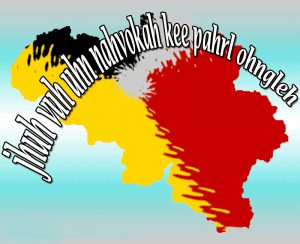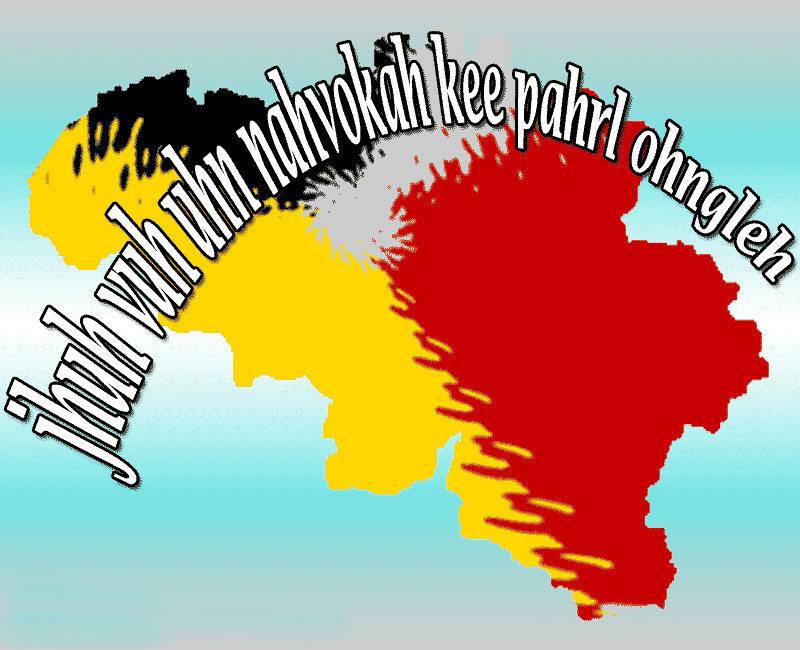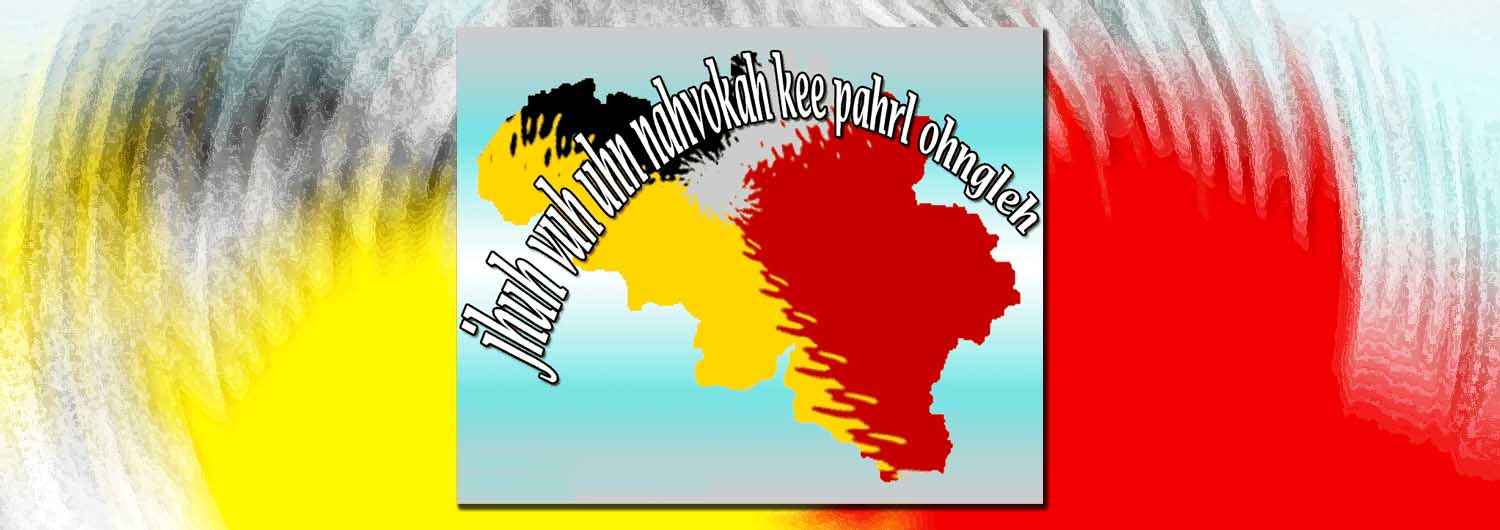
Amidst the intensity of organising our move to Brussels, and various family matters that don’t have anything to do with the move but impinge on it, one thought has been hovering at the back of my mind. The thought is French. Le français.
Le français
Like most English children I was exposed to French at school for all of seven years, but I would hesitate to say I know French. I can read it (usually with a great deal of effort and the help of a dictionary – and even then I sometimes get it startlingly wrong). I can’t write it and I certainly can’t speak it.
Brussels is, by and large, a French speaking city. When we were there flat hunting in November I managed quite a few Bonjours, but whenever I was supposed to say Au revoir, what came out of my mouth? Hej då!
I begin to fear my brain is geared up for two languages: “English” and “Foreign”. At present the “Foreign” space is occupied by Swedish – but what will happen if I have to learn French? Will the French drive out the Swedish?
No, I know it won’t, but it might seem that way for a while.
Into this confusion my mother has delivered a copy of The AA Phrasebook French, with a note “Any good, mon enfant?” The AA is the Automobile Association (of which my 92-year-old mother is still a paid up member). To be sure the section called “On the road” is not likely to be of much use, but some of the rest might help – at least to begin with and for those automatic phrases: Bonjour – Ça va? – Comment allez-vous? – Ça va bien – Au revoir – Bonsoir – Bonne nuit – Dors bien – Merci, de meme – Mon aéroglisseur est plein d’anguilles…
(OK, that last one isn’t in the book.)
A story of drama and horror
Leafing through the phrase book I was reminded of a very funny piece by American humorist James Thurber. He uses a French phrase book to tell a story of drama and horror. It was the last section of The AA Phrasebook French that reminded me of Thurber’s piece. The last section is called “The police”.
Dispensing with the French bit – that would just slow us down – this is what we find. It is the police officer who gets to speak first.
Your registration papers, please.
You were speeding.
Your lights aren’t working.
That’s a … euro fine.
Do you want to pay on the spot?
You’ll have to pay on the spot.
OK, our travellers have got into a bit of a fix, but perhaps they can talk their way out.
I didn’t see the sign.
I don’t understand what it says.
I was only doing … kilometres an hour.
I’ll have my car checked.
I was blinded by oncoming lights.
Well, you can see this isn’t going to do them any good. They are avoiding the whole money issue. So it’s off to the police station with them.
At the police station
At the police station, the police take over again.
Where did it happen?
What’s missing?
Do you have some identification?
What time did it happen?
Who are the others?
Are there any other witnesses?
Fill this out, please.
Sign here, please.
There is at least a semblance of courtesy, but a threat underlies this barrage of questions and directions, a threat our traveller now reacts to.
I want to report a collision/missing person/rape.
Could you make out a report please?
Could I have a copy for the insurance?
I’ve lost everything.
I’d like an interpreter.
I am innocent!
The full Kafkaesque horror of the situation has dawned at last.
I don’t know anything about it.
I want to speak to someone from the British Consulate.
I need to see someone from the British Embassy.
And a final desperate appeal.
I want a lawyer who speaks English!

Phonetics?
In an attempt to help the unwary traveller, the phrase book also provides a “phonetic” guide.
If you have ever wondered at the English and their ability to make simple foreign language phrases sound both English and completely incomprehensible, the phonetic guide gives an indication of how they do this. An English speaker trying to say the word Bonjour, for example, is encouraged to say bawnjhoor.
Take the last phrase in the book – the cri du cœur: I want a lawyer who speaks English! The traveller is recommended to say:
jhuh vuh uhn nahvokah kee pahrl ohngleh.
Yeah. That’ll work.
This article was written for the #Blogg52 challenge.


Tack! Har skrattat så gott när jag läst ditt inlägg. Det blev verkligen en riktig rysare av att sätta ihop helt vanliga fraser. Ha det så gott!
Kram Kim 🙂
Tack Kim! Sorry I’ve not responded to your two previous comments. Busy, busy, busy. I’m glad I made you laugh with this, but I have to share credit with Thurber. Kram till dig också!
Jag säger som kim. Du har skrivit fyndigt
Haha, du är underbar John! Tänker när jag läser på bilden “det är väl inte franska?” och så får man veta att det är engelska!
Tack Eva, It sounds like your reaction was exactly what I was hoping for. 🙂 But I promise, the “English” French phrases are exactly as they appear in the phrase book.